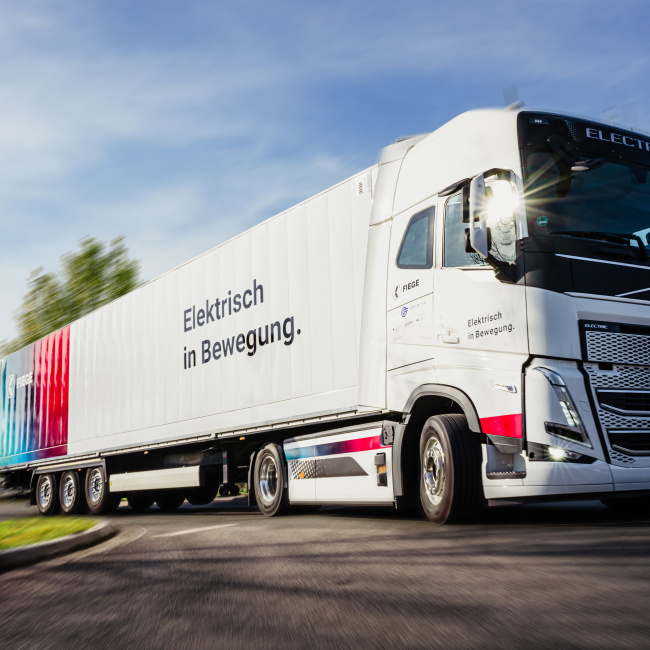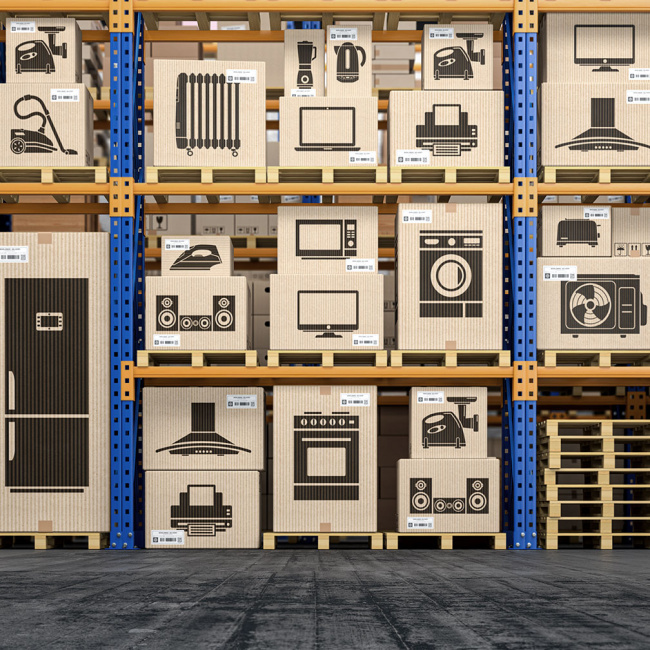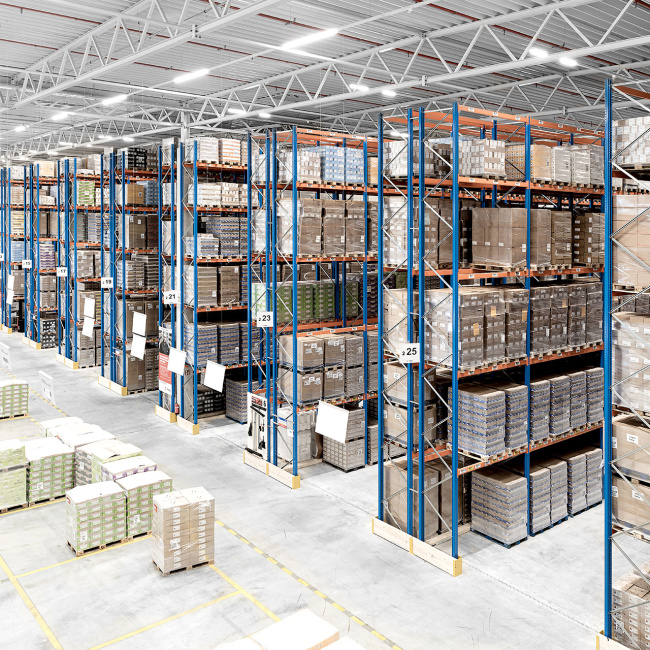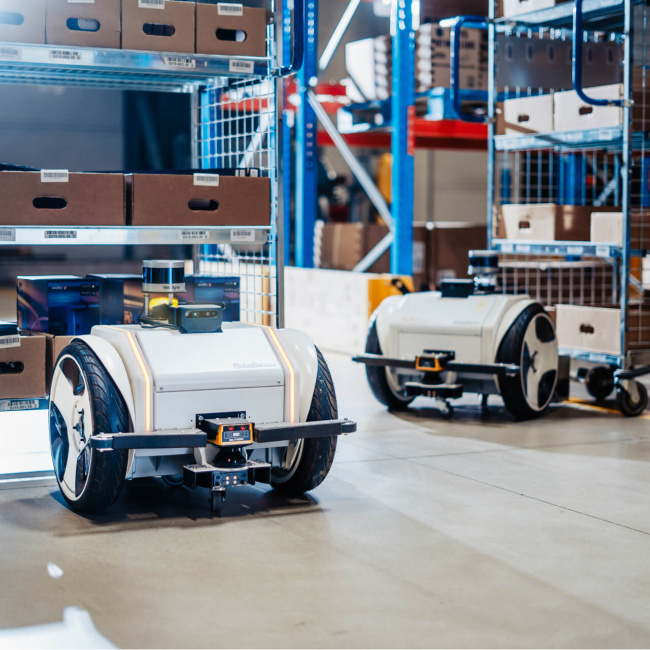Refurbishment instead of disposal: How JDE Peet's & FIEGE sustainably recycle coffee machines

Coffee machines are our daily companions: in the office, in cafés, or at home. But what actually happens when a machine is returned because it is defective? For many companies, this is where the life cycle ends. Not so for Jacobs Douwe Egberts (also known as JDE Peet’s). Together with FIEGE, a smart, sustainable process has been created that efficiently categorizes, repairs, or disposes of returns, to the delight of customers and the environment.
Highlights at a glance
- Less electronic waste through smart refurbishment
Sustainable recycling instead of disposal: every repaired machine saves CO₂ and resources. - Transparent processes – from return to reuse
Complete documentation and tested quality ensure trust and efficiency. - Strategic added value for the environment, customers, and brand
Sustainability becomes an economic success model – instead of costs, competitive advantages arise.
Implementing sustainability economically: The challenge of returns management
For JDE, an international company specializing in coffee and tea products, one thing was clear: sustainability is more than just an image factor—it is a genuine part of the brand identity. Customers expect not only quality, but also increasingly responsible behavior throughout the entire value chain.
However, this knowledge raises a key question:
“Can sustainability be economical – or does it remain an expensive concession to a clear conscience?”
The answer was found in a cleverly thought-out refurbishment concept: a second life for coffee machines instead of destruction. Because every repaired device saves costs, resources, and CO₂ – while also avoiding disposal costs and new purchases.
What was missing was a reliable partner who could make this sustainable approach feasible not only technically but also economically – with clear processes, documented quality, and transparent handling.
Refurbishment and sustainable logistics processes as a successful model for returns
A four-step, clearly structured process has been created to ensure a sustainable service process that reevaluates every returned coffee machine—and, in the best case scenario, gives it a second life:
- Initial inspection: Every coffee machine is inspected immediately upon receipt – both visually and technically. This allows a quick decision to be made about the best course of action for the device. The goal is to quickly determine whether a repair is economically viable.
- Cleaning: Before repairs begin, the machine is thoroughly cleaned – for safety and hygiene, but also for optimal diagnosis.
- Repair & evaluation: If a device is defective, components are replaced up to a defined cost limit. If the damage is too extensive, no inefficient repairs are carried out – instead, the device is dismantled into its individual parts. This ensures that every device is recycled sensibly instead of ending up unused in electronic waste.
- Preparation for shipping: Machines that have been successfully repaired are professionally packaged and prepared for reshipment – tested, documented, and ready for use.
Digital transparency in the refurbishment process: Seamless testing and documentation systems
All VDE tests are digitally documented directly via SD cards integrated into the testing devices. This allows JDE to track which device was tested when, how, and with what results at any time. This creates trust—both internally and externally.
Sustainability with measurable impact: reduce costs, save CO₂, increase customer satisfaction
What at first glance looks like a classic repair process reveals much greater benefits upon closer inspection. The consistent reconditioning of returned devices creates a clear competitive advantage. On the one hand, targeted repairs instead of costly new purchases can result in significant savings. On the other hand, every refurbished device actively contributes to reducing waste, using resources responsibly, and lowering the carbon footprint.
At the same time, sustainability is not only communicated, but also actively practiced – often where it is least visible: in logistics and after-sales service. The structured refurbishment process makes it possible to integrate returns into a value-adding cycle.
The result is a partnership that benefits both sides:
- Significantly reduced returns costs
- Measurably lower electronic waste
- Shorter throughput times thanks to clearly structured processes
- Increased customer satisfaction thanks to functional replacement devices
This turns an operational challenge into strategic added value – for the economy, the environment, and the brand.
From returns processing to sustainable circular economy – get off to an efficient start with FIEGE
From analysis to implementation: We work with you to develop customized take-back and refurbishment solutions – with a clear focus on sustainability potential, resource conservation, and operational efficiency.




